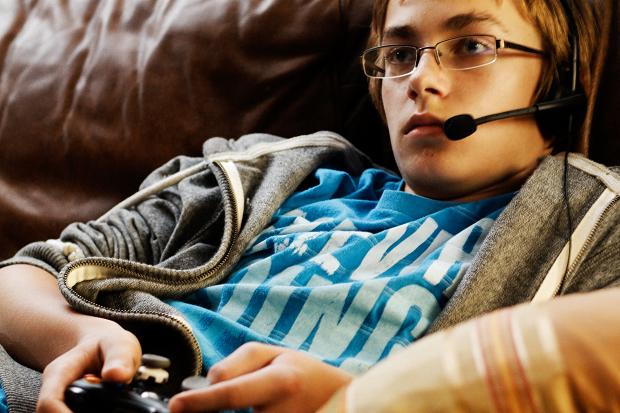American society has gone through devastating tragedies. Unfortunately violent shootings and crime seem to be getting worse. Years of bickering between politicians and rights groups have led to only dancing around the problems. It seems given so many critical issues facing our society today, thoughts of urgent care are unrealistic. People argue that even if weapons are better monitored and stricter gun-control laws enacted, those influenced by video game violence will still create weapons in order to harm people. Others say that everyone should have a gun in order to deter attackers. These are the discussions taking place across the country and in the white house, but are these areas the root of the issue?
It seems like all sides of the argument have valid claims. Sure, video games with strong violence would negatively influence the decisions of certain individuals, especially those with lower levels of emotional intelligence. It is also true that mentally unstable attackers will find ways to hurt people with or without guns. Most certainly in a society with rising rates of public shootings and crimes related to financial strains, the general public would feel safe practicing their right to bare arms. They want to be allowed to own weapons for their protection.
Although, no one is making invalid arguments here, the common thread and public enemy number one is missing, poor mental health. None of these scenarios would exist, or at least be so severe, if mental health was regarded with more serious yet, problem solving oriented solutions in the country overall.
Beginning to acknowledge the roots of the violence will involve accepting that unlike Bowser in Super Mario, there is depth behind the perpetrator and their actions. We must begin to recognize early signs of social and mental illness. Until we gain more sensitivity in connecting to the perpetrator’s “reasons “ for anger, violence and destruction, all other efforts will be damage-control at best but certainly not preventative in solving the real problem. If and only if governing bodies, decision makers and lobbyist emphasize the value of promoting a culture of emotional intelligence with direct media (traditional and social) and public accountability in schools, and organizations does our society have a chance at going “Salmon Fishing in the Yemen.”
From a micro-level, truly creating an environment of improved mental, social and emotional health starts in our homes. We need to gain sensitive ears and eyes to promote treatment of mental illness beyond medication and focus instead on a holistic approach which embraces the individual by encouraging them to share their thoughts and challenges. Those that are mentally ill or challenged need to be accepted and not rejected. Parents lead by example in these cases by educating their children to be bias-free and sensitive to the needs of others different form ourselves, and also by proactively seeking solutions in events when they have knowledge of a particular individual suffering. There are many cases of “closet-case” mentally disturbed individuals that have been out-casted not only by their peers, and other parts of society but also by their parents and loved ones.
Overall, in our expert opinion, isolation is the food for more harm. The days of treating the ill with “quarantines” are long gone. With the power of the internet, and lives that are intertwined and connected by so many networks, we are well advised to have eyes on the back of our heads and be self-aware. The knowledge to detect, to care, and to act compassionately is what has the ultimate power to propel us beyond tragedies like those we have experienced in abundance thus far. These abilities are key to the future of our children as well as the health and safety of the country. Culture change is contingent on the path we lay out today.






